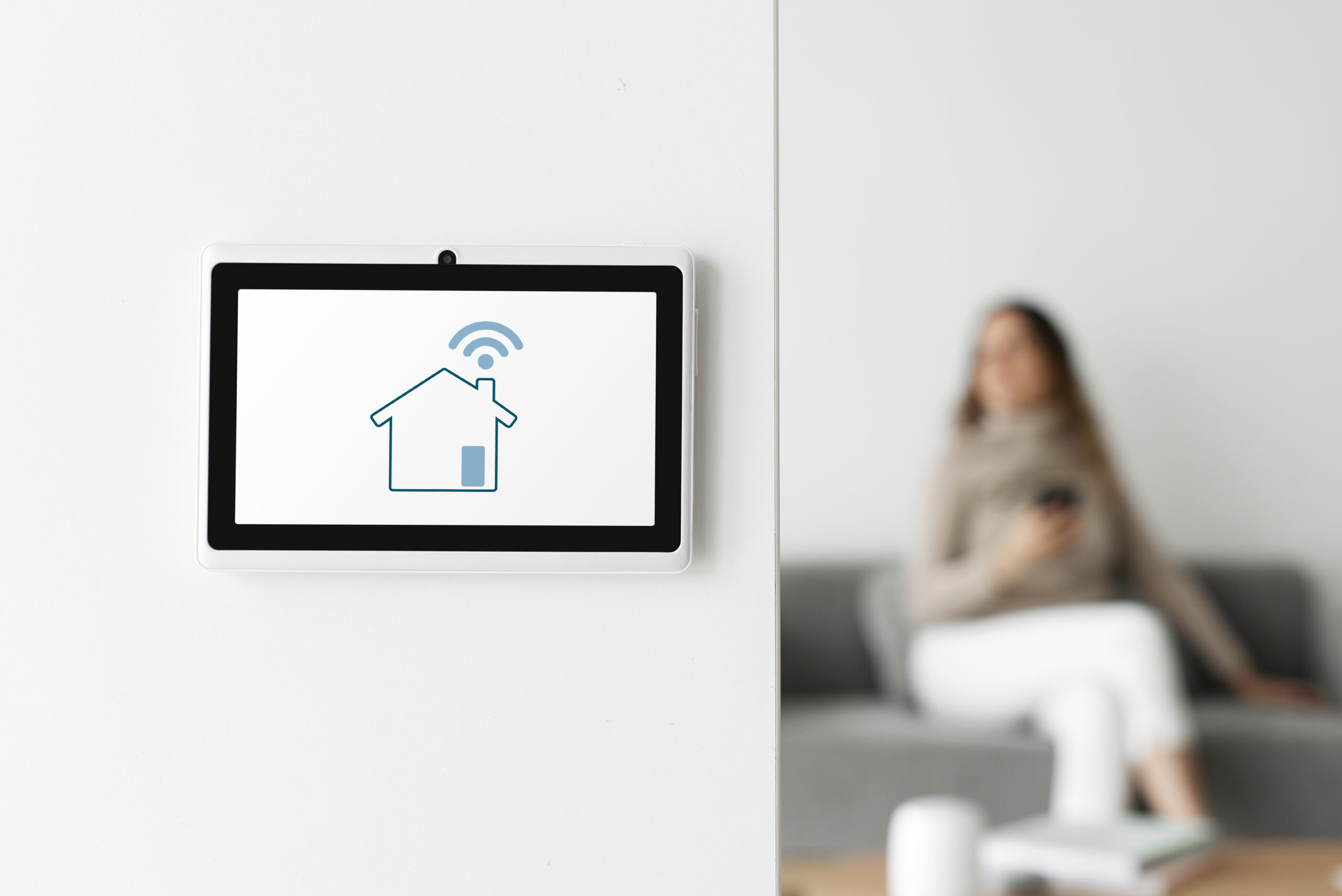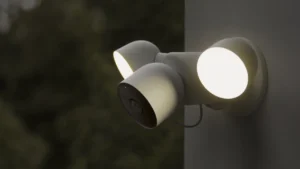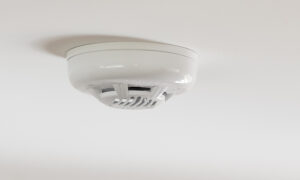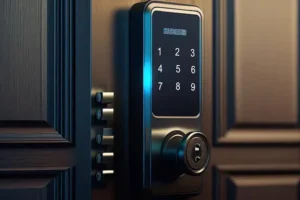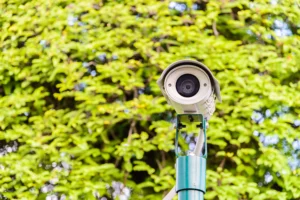Home security systems are invaluable for guarding our homes and furnishing peace of mind. Still, false alarms can be a frustrating and costly inconvenience for homeowners and the community. It not only wastes precious police resources but can also affect fines or penalties from original authorities.
Fortunately, there are several ways you can take to prevent false alarms in your home. This blog will explore effective strategies and stylish practices to minimize false alarms, ensuring your home security system is properly functioning and tractable.
I. Understand The Significance Of False Alarm Prevention
Before delving into specific prevention ways, it’s pivotal to understand the significance of false alarm prevention. It has various negative consequences, including:
-
Strained Police Resources
False admonitions divert police attention and coffers from genuine extremities, potentially delaying response times to actual incidents.
-
Financial Penalties
numerous municipalities impose fines or fees for excessive false alarms, which can be a significant financial burden for homeowners.
-
Loss Of Trust
Frequent false alarms may lead to a lack of confidence in your security system, causing you to ignore or neglect genuine alarms in the future.
II. Educate Yourself And Your Family
Proper education and understanding are vital in its prevention. Ensure that all family members, including children and guests, know how to operate the security system and its function by providing them with the following:
-
Training
Train everyone accessing your security system to arm, disarm, and operate it correctly. It includes understanding entry and exit delay times, passcode management, and any additional features or detectors installed.
-
User Manuals
Keep user manuals readily available for quick reference. These manuals give precious information on system operation, troubleshooting, and conservation.
-
Alarm Company Contact Information
Maintain a list of contact information for your alarm company, including their phone number and email address. This will enable you to communicate promptly in case of system malfunctions or false warnings.
III. Regular Maintenance And Upkeep
Proper home security system maintenance is pivotal for precluding false alarms. Then are some essential maintenance tips:
-
Battery Relief
As the manufacturer recommends, replace the batteries in your security systems factors, like control panels, keypads, and detectors. Weak or failing batteries can spark false alarms.
-
Sensor Calibration
Regularly check and calibrate motion, glass-break and door and window sensors to ensure they serve optimally. Environmental factors or changes in your home’s layout can affect detector performance.
-
System Examinations
Record periodic inspections by a professional alarm technician to estimate the overall functioning of your security system. They can identify and address implicit issues or malfunctions that may lead to false alarms.
IV. Proper Placement And Installation
The correct placement and installation of security system factors are essential for minimizing false alarms. Consider the following guidelines:
-
Motion Detectors
Position motion sensors down from sources of airflow, heating reflections, or direct sunlight. Avoid placing them near objects driving false motion detection, such as hanging plants or curtains.
-
Door And Window Detectors
Ensure door and window detectors are securely attached and properly aligned. Loose or misaligned detectors can trigger false alarms due to minor climate or movements.
-
Pet Immunity
If you have pets, choose pet-vulnerable motion detectors specifically designed to ignore movements from small creatures. This helps put false warnings caused by pets roaming in the protected areas.
V. Acceptable System Training and Testing
Training and testing your smart security system is pivotal to avoiding false alarms. Consider the ensuing recommendations:
-
Alarm Codes And Passwords
Use unique and secure alarm codes and passwords for your system. Avoid sharing codes or passwords with unauthorized individuals.
-
Testing Procedures
Regularly conduct alarm system tests to ensure all factors serve rightly. Coordinate these tests with your alarm company to prevent it from being touched off during testing.
-
Remote Monitoring
If you have remote monitoring capabilities, ensure the monitoring service is set up correctly and that they know of any listed conservation or testing on your system.
VI. Minimize Environmental Factors
Environmental factors can contribute to false warnings; the following strategies to minimize their impact:
-
Air Currents And Drafts
Avoid placing motion sensors near air vents, fans, or open windows, as air currents can spark false alarms.
-
Insects And Wildlife
Be aware of insects or wildlife that spark motion detectors or open doors or windows. Ensure that your home is duly sealed to minimize the entry of pests.
-
Extreme Temperatures
It can affect the performance of your security system. Ensure your system is installed in a climate-controlled area, and consider using temperature sensors to cover extreme temperature conditions.
VII. Proper Response to Alarms
In the event of genuine alarm activation, it’s important to respond appropriately. This will help minimize false alarms caused by user error or accidental activations. Consider the following guidelines:
-
User Verification
Before reaching the authorities or alarm company, verify the alarm activation by visually examining the area or exercising remote monitoring capabilities, if available.
-
Alarm Cancellation
If you inadvertently spark the alarm, promptly cancel the alarm activation using the correct code or password.
-
Emergency Contacts
Ensure your exigency contact list, including authorized keyholders and alarm company connections, is current. Instantly inform them if a genuine alarm occurs to hamper false dispatches.
Conclusion
Its prevention is essential for maintaining the effectiveness and trust ability of your home security system. By following the rules discussed in this blog, including educating yourself and your family, regular conservation, proper placement and installation, system training and testing, minimizing environmental factors, and responding mutely to alarms, you can significantly reduce the occurrence of false alarms. Enforcing these stylish practices will save you time and money and contribute to a more secure and dependable house safety system.


